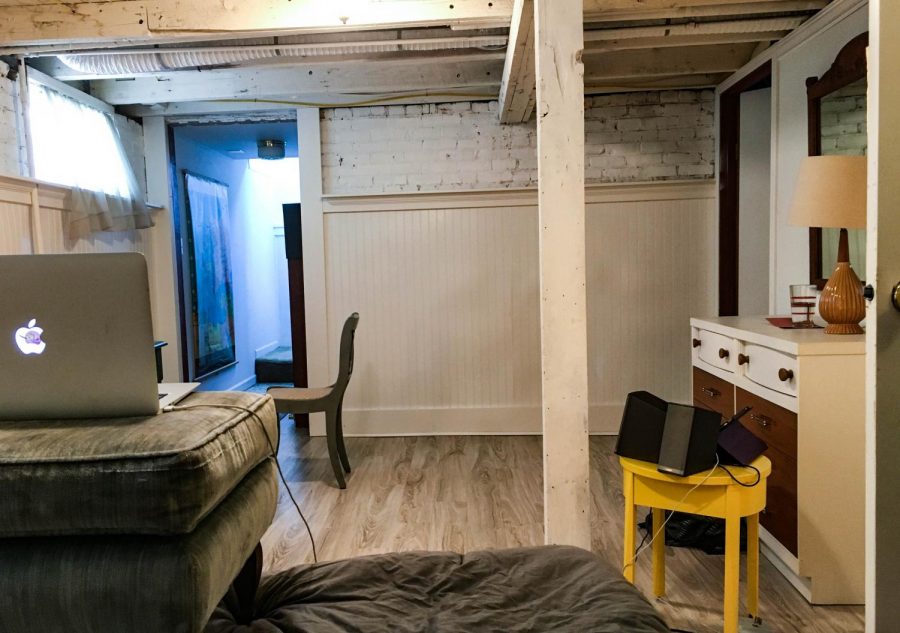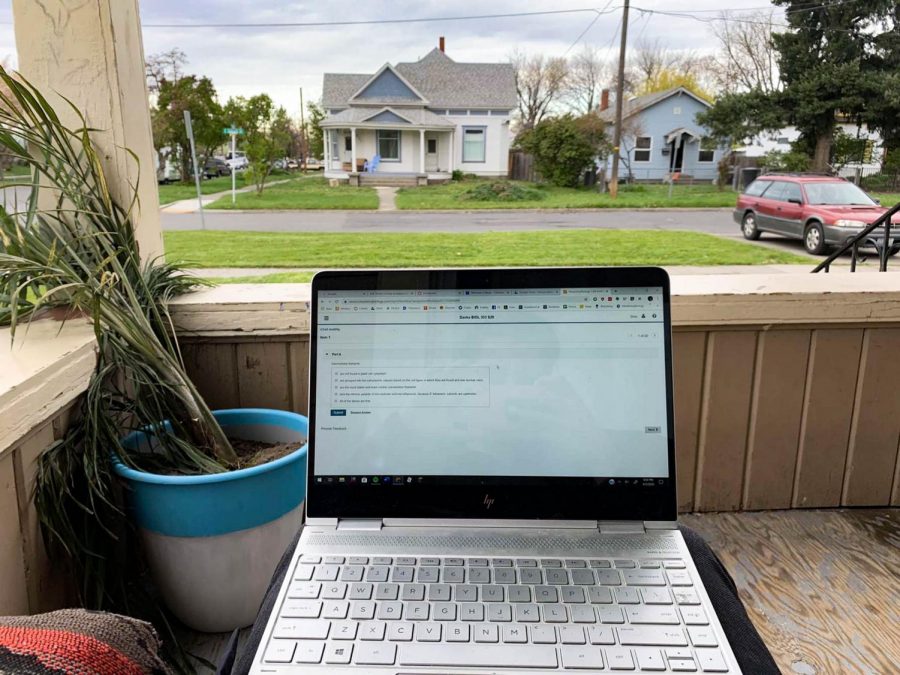Whitman professors adapt to online learning
April 10, 2020
The faculty and staff of Whitman College spent spring break preparing for the transition to online learning forced by the global outbreak of COVID-19.
One of the core features of Whitman and other liberal arts colleges are the small, discussion-based classes. Whitman’s average class size is 15, which is half of the average class size at the University of Washington, Seattle.
Converting the liberal arts experience to an online format has posed its fair share of challenges. While many larger institutions already offer online classes with set infrastructures, most liberal arts colleges, including Whitman, do not.
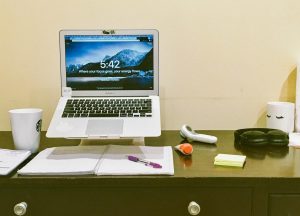
According to the Associate Dean of Faculty Development and Director of Encounters Helen Kim, the transition involved both learning the technology and adapting curriculums for online learning.
“Planning and preparation occurred in a variety of ways,” Kim said in an email to The Wire. “We hosted a week-long series of webinars with faculty and staff on topics ranging from ‘Getting Started with Online Teaching and Learning’ to ‘Administering Exams and Assignments Online’ to ‘Accessibility, Accommodations and Tutoring.’ These webinars were accompanied by resources located on a home-base page for faculty called ‘Online Learning Resources for Faculty.’”
Each faculty member had to decide how to best adapt their classes based on the individual challenges of recreating their respective disciplines online. Faculty had to consider how each student could most faithfully recreate their class experience with what they have at home, while also considering the equity issues that might arise from their choices.
Associate Professor of Dance Renée Archibald has taken different strategies for each of her classes. Archibald had to consider the space available to her students for movement, and adapt her choreography for her advanced contemporary class.
“While I could access the dance studio to make up these materials, my students are working in bedrooms and in corners of their living rooms. They do not have access to the open, unencumbered space of a dance studio and learning material from a video is a very different skill than learning movement live, in real time,” Archibald said in an email to The Wire. “The material of the class had to change, but I wanted to work towards the same goals.”
Other professors have faced challenges with recreating the classroom experience because of the resources their classes typically require. This has been most difficult for classes that incorporate a lab.
For introductory lab courses like General Chemistry, students will write lab reports based on data provided by their professors, according to Senior Lecturer Deberah Simon. 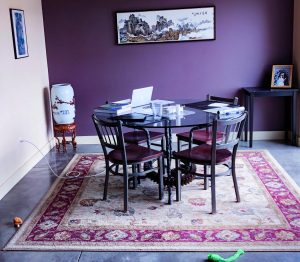
“Because of the large number of students in the class (6 sections, 131 students), I’ve tried to keep the online work straightforward,” Simon said in an email to The Wire. “We already had photos and data for each lab, so I’ve put those in ‘Supplement’ documents, and posted them all on Canvas. Students can write their reports using that data, then scan and upload the pdfs to Canvas.”
For more advanced labs, there are additional challenges. For Associate Professor of Biology and Biology Department Chair Tim Parker, it has been difficult to adapt field-based labs.
“Although it’s clear that teaching a field course online will never be as effective as teaching it in person, I do think I have come up with methods that will at least partly satisfy my learning goals for these courses,” he told The Wire via email.
“In my Natural History and Ecology class, I have begun making videos and taking photos in the field that students will use (starting next week) as the basis for their observations and interpretations. This is less effective than being in the field because students are limited only to the senses of sight and hearing, and they will only see and hear what I show them in the video. There can be no serendipitous discovery or exploration. Further, I am not there to ask students questions and to direct their observations in productive ways,” Parker added.
Even more conventional lecture-based classes have required careful planning to transition, according to Professor of Sociology and The Laura and Carl Peterson Endowed Chair of Social Science Keith Farrington. Learning the new technology has been difficult and some software cannot be taught from a distance. 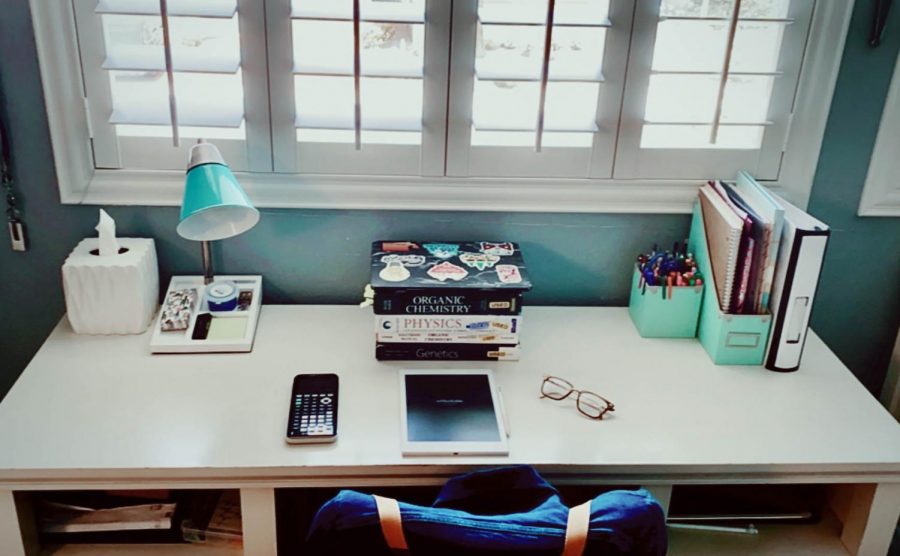
Farrington is planning on retiring at the end of semester after forty years of teaching at the collegiate level. Teaching online is a completely new challenge for him and he credits Whitman College Technology Services (WCTS) and his students for making it possible.
“I have never ever done anything quite like this in my 45 years of college teaching, so I have absolutely no experience with this kind of thing (at least not until my extensive crash course three weeks ago and many thanks to all of the help and support that I have received from colleagues and the WCTS staff), and this entire endeavor feels very foreign to me. Fortunately, my students, at least from all that I can tell, have been very tolerant and supportive in helping me to negotiate the rough waters that we have occasionally had,” Farrington told The Wire by email.
“All things considered, it’s a pretty weird way to be ending a long career (a career that I have really loved),” he added. “However, looked at in the broader context of all that is going on in our society at present, my problems are really pretty minimal, and I have no right to complain or feel sorry for myself. To the contrary, this is a really good time to keep everything in life in perspective.” 